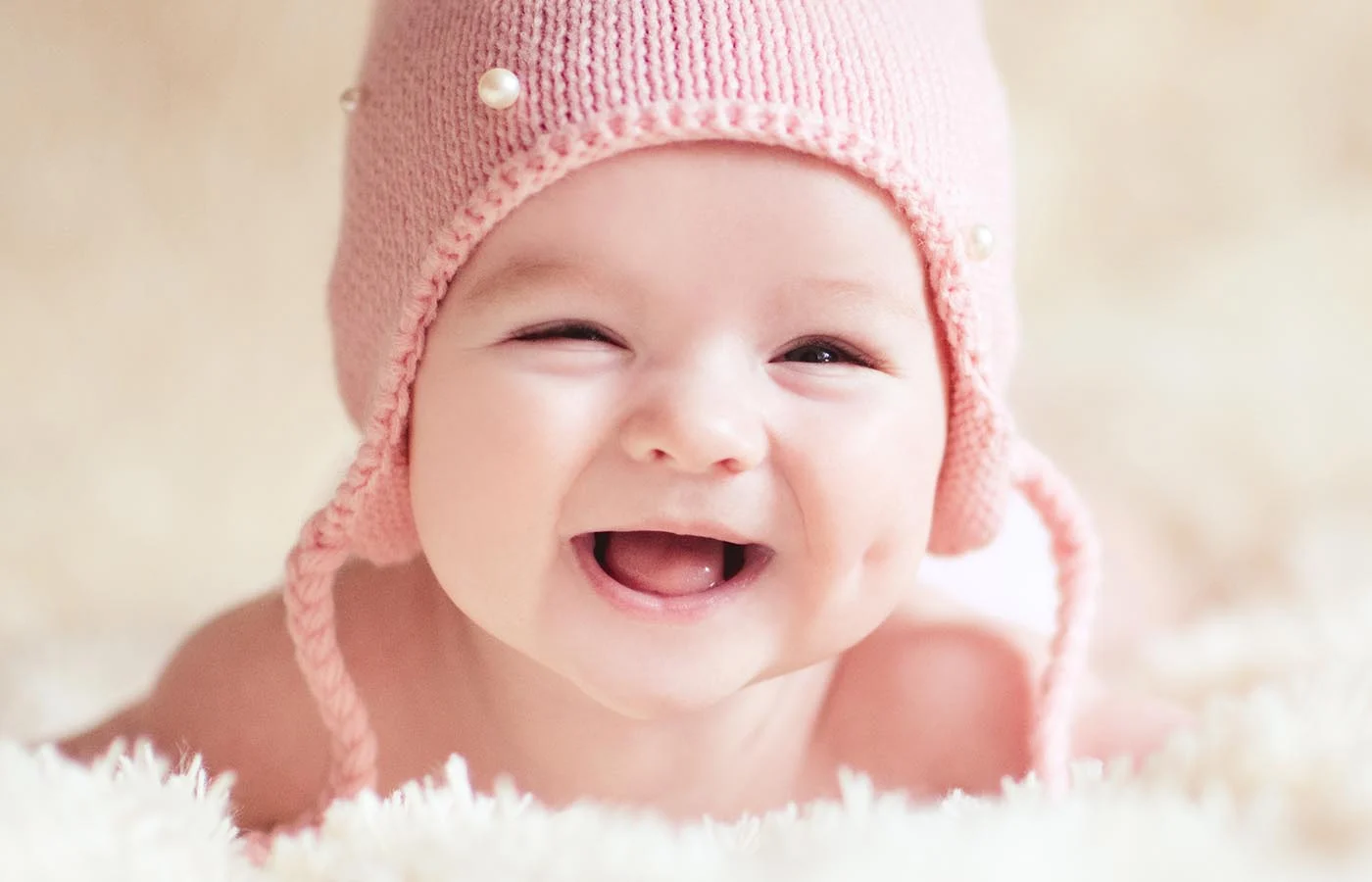So, my nine-year-old son, Leo, is autistic. For weeks, I struggled to wrap my head around those three simple words: “Leo has autism.”
“Hi, Ms. Thompson,” the school psychologist said during a phone call last October. “Could you come in this week to discuss Leo’s IEP results?”
Leo had been on an Individualized Education Program since starting school, but moving to Nevada required a fresh evaluation and new testing. No problem! I was excited to talk about Leo. He was thriving in 3rd grade, making incredible progress in reading and writing. Of all my kids, Leo transitioned from Germany to Las Vegas the smoothest.
When I sat down with the school psychologist, I thought it would be a quick, positive review. My husband was away on a temporary assignment for four months, so I was managing everything alone, but I figured this meeting would be straightforward.
“Isn’t Leo doing great?” I asked.
“Yes, he’s an amazing kid. I’ve spent a lot of time reviewing his IEP and talking to his teachers,” she replied.
“Absolutely, we get wonderful notes home. He’s really excelling,” I said, completely oblivious.
“Well, um… his testing in Germany was quite extensive and thorough,” she continued.
“I know. The team there was fantastic,” I responded, still unaware of her tone and hesitance.
“After speaking with his teachers and speech therapist, we believe Leo might be autistic.”
Silence.
What? “What?” I felt as though I’d just been punched in the gut.
“We’ve been observing him, and I’d like to run a few more tests, if that’s okay with you.”
“Wait, I don’t understand.” My mind raced. “We’ve had him tested multiple times since he was five. Are you saying every single specialist missed this? That you’re seeing something different?”
She explained that many autism symptoms often don’t manifest until after age eight or nine. For instance, a six-year-old might struggle with idioms, but a nine-year-old typically understands social cues and humor. Leo, however, misses those entirely.
A wave of emotions washed over me; it felt like I was suddenly stripped of my protective bubble. I had been worried for years, but with so many reputable doctors saying otherwise, I had convinced myself it wasn’t an issue. Alone and feeling the weight of this diagnosis, I briefly considered walking out, refusing to engage with the psychologist who suggested my child was “different.”
“Okay. What do I need to do? If you think it’s possible, let’s proceed with the tests. Can we start now?” It was the hardest thing I’ve ever said, and I had to say it quickly before I lost my courage.
By the time we finished the first test, which forced me to reflect on small signs I had ignored, I knew. I understood the implications of what the other tests would confirm. Despite Leo being the same child I had walked in with, I felt fundamentally changed.
I sat in my car, unable to leave the parking lot. I called a friend who let me cry it out, and I can’t even describe how difficult it was to come to terms with the reality of my beautiful boy—who loves spending time with his pet lizard—being autistic. He is charming, curious, and caring, worried about both me and his stuffed animals, and he delights in the simplest joys.
Eventually, my husband’s reaction was one of relief, and I found a sense of clarity. Embracing the diagnosis became liberating; it explained Leo’s quirks and provided answers to my concerns about his obsessions and social interactions. Knowing my son is autistic has truly transformed our lives.
If you’re exploring similar paths, you might find great insights in resources like Kindbody’s blog or learn more about the couples’ fertility journey here. For further information on home insemination, check out our post on intracervical insemination.
Summary
This heartfelt narrative reflects on a parent’s journey to accept their child’s autism diagnosis, emphasizing the emotional struggle and the eventual relief that comes with understanding. Embracing this diagnosis has brought clarity and peace to their family, transforming their perspective on the unique challenges and joys of raising a child on the spectrum.
